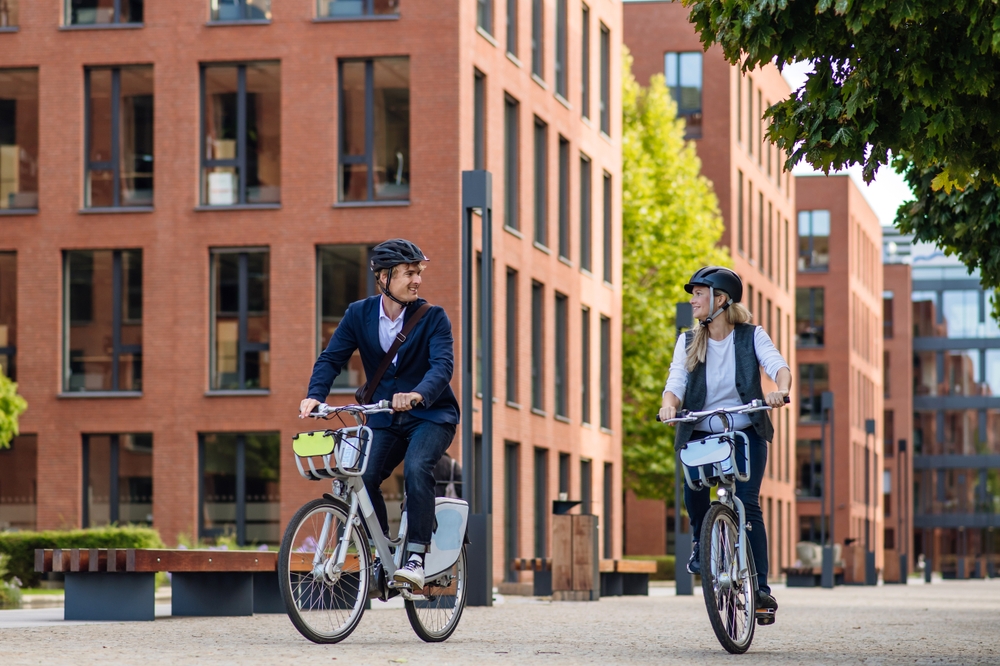We’re coming to the National Cycling Conference in Poreč
As European cities search for answers to traffic congestion, climate change, and public health challenges, the bicycle has moved from the margins to the very centre of sustainable mobility strategies. Yet while governments work on safer routes and stronger active-mobility policies, one powerful ally often remains underused: the employer. That is what we want to highlight during our participation at the National Cycling Conference in Poreč on 17 October.
Traditionally, corporate mobility has been defined by company cars and parking perks. Those benefits carry hidden costs: high emissions, health risks, and traffic jams. Forward-looking employers are rethinking this model, offering incentives for active mobility and public transport. The benefits are clear: lower emissions and commuting costs, healthier and more satisfied employees, reduced demand for parking, and a stronger corporate sustainability profile. When employers make cycling attractive and practical, they not only support their staff but also create momentum for better cycling infrastructure in their cities.
RIS ECOMOVE aims to turn this potential into practice. We work with companies to develop green mobility plans and help align them with local and national policies for sustainable and active mobility. Our approach can be described through three roles: translator, enabler, and connector. In the translator role, we turn national sustainable urban mobility goals into concrete measures for employers. As enablers, we build capacity within organizations through training, tool development, and performance monitoring. Finally, we connect companies with cities and with one another so that employee travel plans become part of the wider transport network. In this way, RIS ECOMOVE acts as a bridge, ensuring that cycling policies don’t remain just on paper and that corporate mobility strategies are not developed in isolation.
On the one hand, Croatia has clear momentum: access to EU funds, political support for sustainable mobility, and growing awareness among employers of the value of “greener” business. On the other hand, mobility challenges persist: a lack of safe cycling infrastructure, fragmented governance, tax barriers to cycling incentives, and car-centric cultural habits. Research shows that car dependency remains high and that many Croatian cities lag behind on smart-mobility indicators. At the same time, latent demand for safer cycling is strong, especially among younger generations. RIS ECOMOVE does not offer a one-size-fits-all solution to these issues, but it can point to practical paths forward.
By presenting RIS ECOMOVE at the National Cycling Conference in Croatia, we want to convey a simple message: employers are not passive bystanders but active participants in the transition to higher-quality mobility. If companies and policymakers pedal in the same direction, the ride toward a cleaner, healthier, and more pleasant future will be much faster.
We look forward to sharing our vision with like-minded partners!


